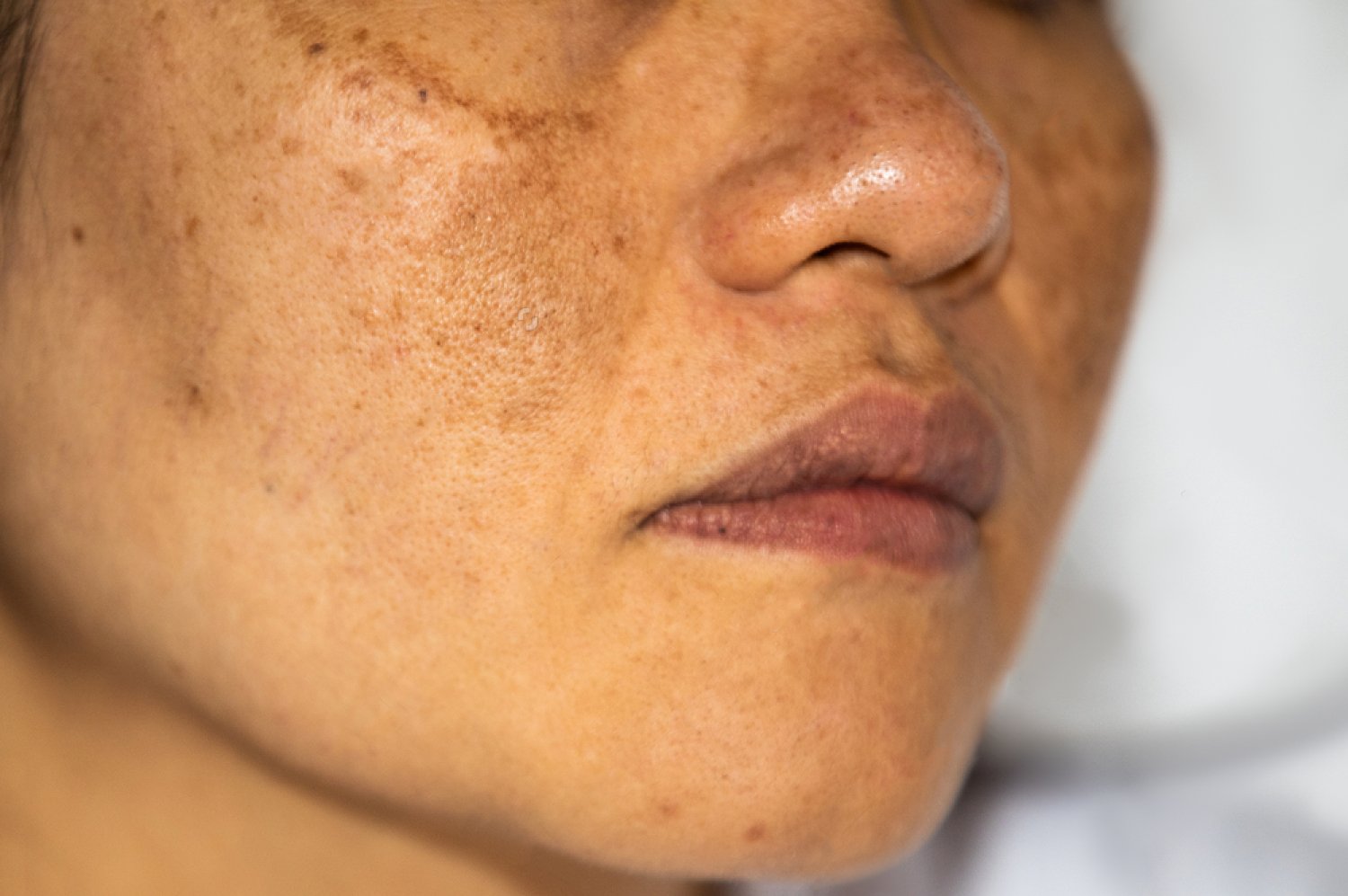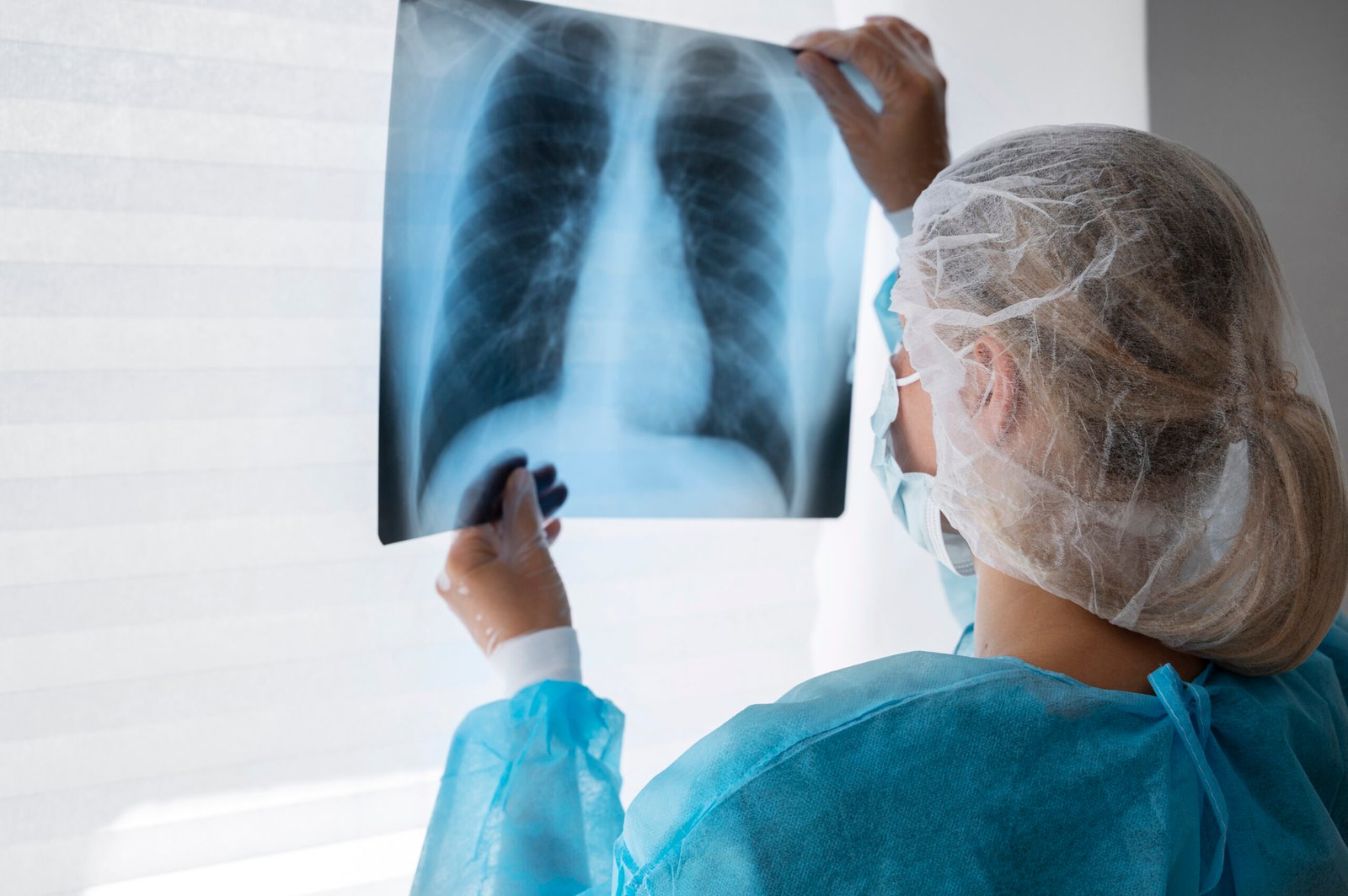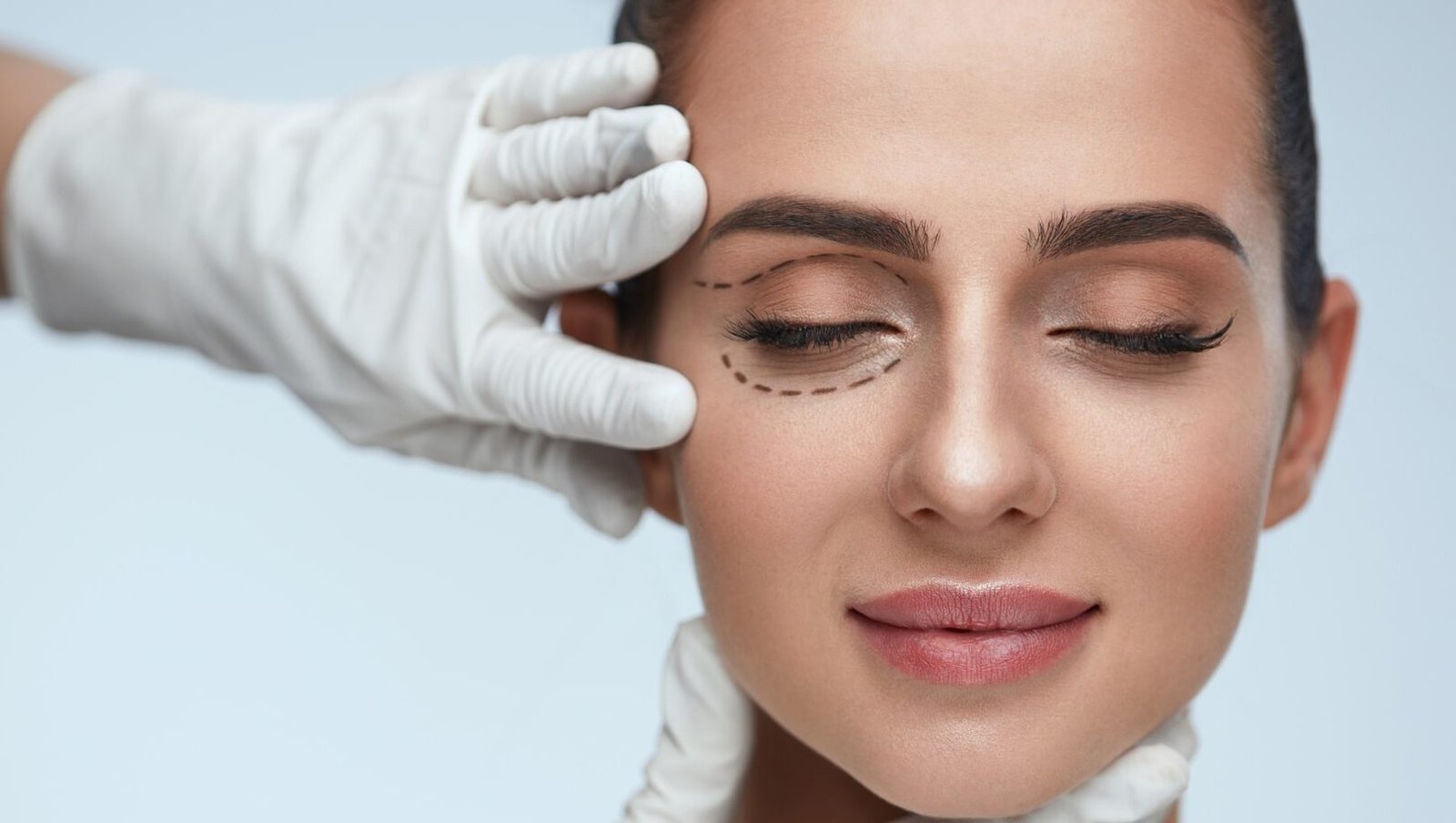Menopause marks a significant transition in a woman’s life, typically occurring between the ages of 45 and 55, though it can happen earlier or later. During this phase, the ovaries gradually produce less estrogen and progesterone, leading to the end of menstrual cycles. Many women experience a variety of symptoms such as hot flashes, night sweats, mood swings, and sleep disturbances. As women age beyond 50, concerns about managing these symptoms and maintaining overall health become more prominent. This is where Menopause Treatment in Abu Dhabi offers a personalized approach to help women navigate this natural phase with comfort and confidence, emphasizing that menopause management can be beneficial even after 50.
Understanding Menopause and Its Impact Post-50
The Physiological Changes During Menopause
Menopause is characterized by a significant decline in hormone levels, which directly impacts various bodily functions. Post-50, women often experience more pronounced symptoms, including vaginal dryness, osteoporosis risk, and cardiovascular health concerns. These changes can influence daily life, emotional well-being, and long-term health prospects, making effective management essential.
Why Age Beyond 50 Matters in Menopause Management
While menopause typically occurs in the late 40s to early 50s, symptoms can persist or intensify afterward. Age-related health issues such as bone density loss and increased cardiovascular risks necessitate tailored treatment strategies. Managing menopause after 50 involves addressing these ongoing concerns while supporting overall health and quality of life.
Is Menopause Treatment Suitable After 50?
Addressing Common Concerns and Misconceptions
Many women wonder if menopause treatment remains relevant or safe after crossing the age of 50. The answer is yes; menopause management can be highly beneficial beyond this age, especially when symptoms are severe or impact daily functioning. It is essential to assess individual health status and lifestyle factors to determine the most appropriate approach.
Benefits of Menopause Treatment in Older Women
Effective treatment can alleviate bothersome symptoms, improve sleep quality, and enhance emotional stability. Moreover, certain therapies can help mitigate long-term health risks like osteoporosis and cardiovascular disease, making menopause treatment a valuable option for women over 50 seeking to maintain vitality and well-being.
Types of Menopause Treatments Suitable for Women Over 50
Hormone Replacement Therapy (HRT)
HRT remains a common and effective treatment for managing menopausal symptoms. It involves supplementing declining hormone levels to restore balance. For women over 50, HRT can be customized based on individual health profiles, providing relief from hot flashes, night sweats, and vaginal dryness.
Non-Hormonal Options
For women who cannot or prefer not to use hormonal therapies, non-hormonal treatments such as lifestyle modifications, dietary adjustments, and alternative therapies can be effective. These include regular exercise, a balanced diet rich in calcium and vitamin D, and stress reduction techniques.
Complementary and Integrative Approaches
Many women benefit from complementary therapies like acupuncture, herbal supplements, and mindfulness practices. These approaches can support overall well-being and help manage menopausal discomfort without medications.
Personalized Menopause Management Strategies
Comprehensive Health Assessment
Before initiating treatment, a thorough health evaluation helps identify individual needs and contraindications. This personalized assessment ensures that the chosen menopause management plan aligns with overall health goals and lifestyle.
Lifestyle Modifications for Better Quality of Life
Incorporating regular physical activity, maintaining a healthy weight, quitting smoking, and limiting alcohol intake can significantly improve menopausal symptoms and reduce health risks. These changes empower women to take control of their health during this phase.
Regular Monitoring and Follow-Up
Ongoing medical supervision ensures that treatments remain effective and safe. Regular check-ups allow for adjustments to therapy plans, supporting long-term health and symptom management.
The Role of Healthcare Professionals in Menopause Treatment
Expert Guidance for Safe and Effective Management
Consulting with healthcare providers specializing in women’s health ensures that menopause treatment is tailored to individual needs. Professionals can help navigate the array of treatment options, assess risks, and monitor progress.
Multidisciplinary Approach to Menopause Care
A comprehensive approach involving gynecologists, endocrinologists, nutritionists, and mental health professionals can address the multifaceted aspects of menopause, promoting holistic health and well-being.
FAQs
1. Can women over 50 safely undergo menopause treatment?
Yes, with proper medical consultation and personalized assessment, menopause treatment can be safe and effective for women over 50, helping to alleviate symptoms and improve quality of life.
2. What are the primary benefits of menopause treatment after 50?
Benefits include relief from hot flashes, night sweats, mood swings, improved sleep, and protection against osteoporosis and cardiovascular risks, contributing to overall health and vitality.
3. Are there alternative therapies suitable for women over 50?
Absolutely. Non-hormonal options like lifestyle modifications, herbal supplements, and complementary therapies can be effective components of menopause management for women who prefer natural approaches or have contraindications.
4. How often should women over 50 have health check-ups during menopause?
Regular follow-up with healthcare providers is recommended, typically every 6 to 12 months, to monitor symptoms, assess health status, and adjust treatment plans as needed.
















Leave a Reply